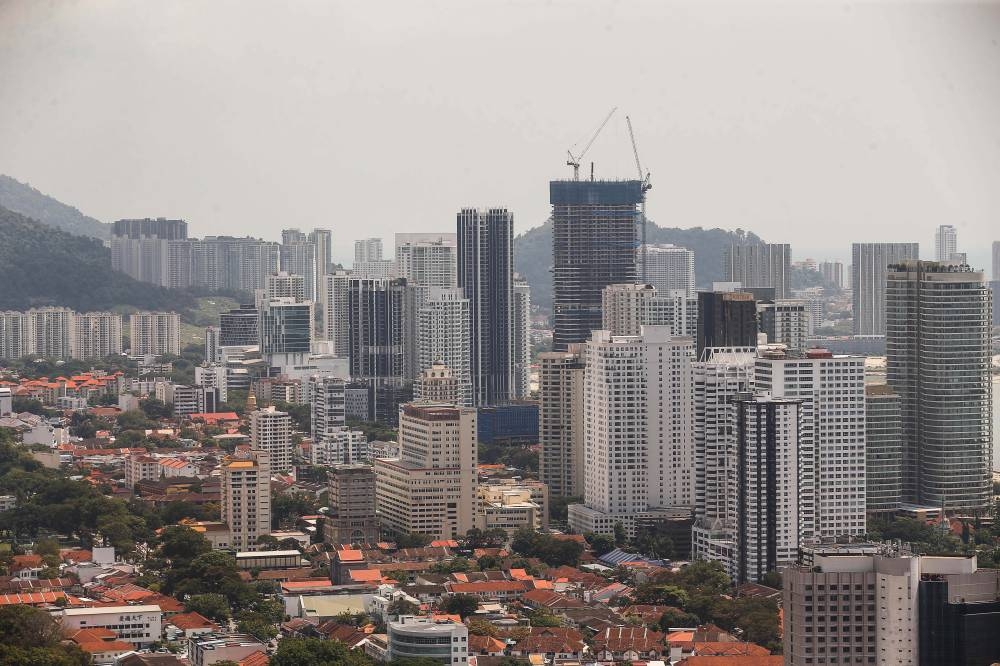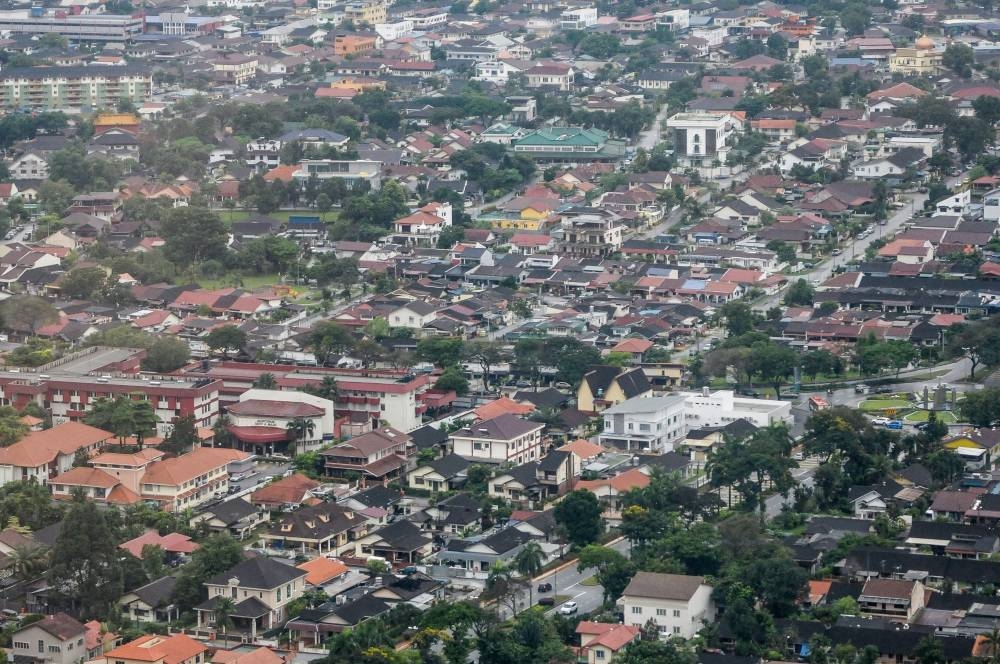KUALA LUMPUR, Dec 15 — The property sector would remain challenging moving into 2023, with a lot of market correction needed to be put in place, due to a clear oversupply of properties in certain sectors and locations in the country, said developers.
Malaysian Resources Corp Bhd managing director Mohd Imran Mohamad Salim said the impact of the Covid-19 pandemic on the property market was very obvious, including inflation, interest rates hikes, productivity lag, labour shortages as well as issues in the supply chain which either drive up cost or reduce productivity.
At the same time, property sales were impacted due to the movement control order (MCO) and the lockdowns implemented throughout 2020 and 2021, he said during a Malaysian Rating Corporation Bhd’s MARC360 webinar today themed Property Outlook 2023.
“We have a challenging few years ahead (and) what is very important to note now is that we see industry players who are really looking into their business fundamentals.
“The developers are now focusing on keeping their costs low while looking into the sort of products to put out there,” he said.
Mohd Imran said the industry is also figuring out the means and ways to launch its products as there is very clearly an oversupply of properties in certain sectors and locations in the country.
He said that to address this, developers would come up with very innovative ways to do sales and promote their products, or even to extend migrating out from one property sector to another.
“For example, a lot of developers are moving away from certain sectors of housing to industries development, while some are just purely focusing on niche commercial developments.
“A lot of developers are also giving all kinds of different offerings to help investors or property buyers pick up the existing stock,” he said.
Mohd Imran also noted that for consumers, now is a very good time to purchase as the property sector is experiencing the cycle to address stock which is readily available, in addition to a lot of innovative offerings.
He said that as new developments are being planned, the market meanwhile will definitely see a cost increase due to the current supply of material and labour costs.
On the mismatch in the current pricing issue, Mohd Imran said there is a need for the adoption of better practices in the property sector or policies that could help both the buyer and developer mitigate the current difficult situation in the property sector as well as be more flexible in the future.
“So I do not see a demand drop in the long term. However, we are hopeful to see certain policies improve especially on access to end financing.
“Capital is always a problem and there are a lot of people who want to buy houses and it is very unfortunate that access to funds is always a problem,” he added.
Meanwhile, another panellist, Sime Darby Property Bhd group managing director Datuk Azmir Merican said the property market outlook next year may not be as good as in 2022 but what was seen this year gives hope that the sector might outperform the slightly gloomy outlook.
He said the demand for properties is not expected to fall drastically in 2023 amid the expected slowdown.
“If we look at the data of the property industry in 2022, volumes had increased by 70 per cent with about 105,000 transactions, and value increased by 30 per cent to RM47 billion worth of transactions.
“We see this to be quite steady and I do not foresee demand will drop. This is considering that the sector underwent a significant recovery this year, driven by pent-up demand,” he said.
Azmir noted that an aggressive hike in rates may soften demand, and developers will have to react to demand issues.
He also pointed out that the demand for industrial property products would remain attractive taking into account that in 2022, Sime Darby Property decided to have more launches in industrial products, which stood at about 50 per cent of its launches, recording an 88 per cent average take-up rate.
On the economic outlook for 2023, Employees Provident Fund (EPF) head of economics and research Mohd Afzanizam Abdul Rashid said higher interest rates in the developed market especially the United States (US) Federal Reserve’s hikes are the major driver for market pessimism and this situation may lead to negative performance in the financial market especially equities, fixed income and currencies.
“Issues surrounding China’s zero Covid policy and the war in Ukraine have also (caused) supply chain disruption and food inflation.
“The reopening of the economy has also translated into pent-up demand which necessitates the upward adjustment in the central bank's policy rate,” he added.
Going forward, Mohd Afzanizam said growth momentum would ease in 2023 as the effect of past interest rate hikes would start to have a material impact on the real economy, as advanced economies especially in Europe and to some degree in the US are highly exposed to the risks of a recession.
“If that happens, major central banks would reverse their monetary tightening course.
“Typically, talks of possible interest rate cuts would excite the financial markets as equities, bonds and foreign exchange tend to move ahead from the actual policy response.
“So one should see beyond 2023 in order to gain better insights on how the economy and markets would evolve,” he added. — Bernama





















